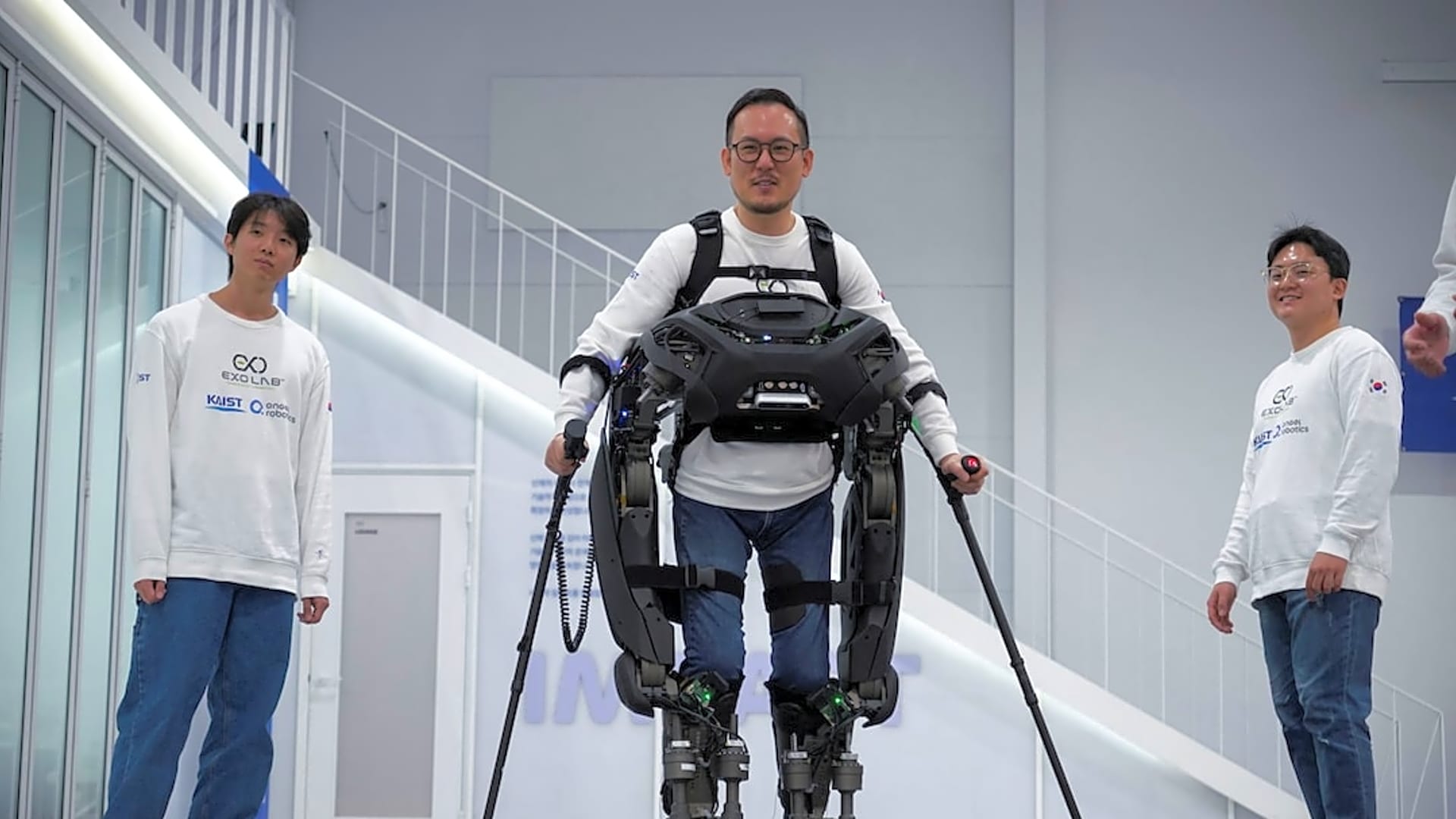In order to prepare youths and educators from 14 African countries for the national and international competitions of the World Robot Olympiad, a number of organisations, including Google and the ECA, are collaborating.
Young people from 14 African countries, ages eight to eighteen, are scheduled to participate in the World Robot Olympiad (WRO) by the end of the year, demonstrating how popular the hobby of robot building is become.
The consortium of partners supporting this pan-African involvement in the upskilling initiative for young Africans, which includes Google, UNECA, the Camden Education Trust, and Irish Aid, is committed to promoting creativity, policy backing, and collaboration in computer science and STEAM (science, technology, engineering, arts, and mathematics) education throughout the continent.
It was announced at the Africa Business Forum (ABF) this year that over 9,000 students would participate in WRO competitions over the course of the following few months.
Rewind to early 2024. Digital Skills Development, AI Policy Research, Cybersecurity & Content Responsibilities, and E-commerce and Digital Trade are the four collaboration tracks that will be the focus of the ECA and Google’s agreement to support digital transformation in Africa.
Bridging the digital divide to foster the development of critical STEAM and digital skills, especially among young women and girls, is one of the ECA’s top goals for human capital development.
Claver Gatete, Executive Secretary of ECA, said during his introductory remarks at the partnership-signing event outside the 2024 Africa Business Forum: “Africa’s digital economy has enormous potential.” Closing significant gaps in digital skills is necessary to realise this potential, though. We need to come up with practical solutions to important problems, such how to close the skills gap for the 650 million people who will require digital skills training by 2030.
African students need an environment where they may put their abilities to use and discover opportunities beyond the boundaries of “good enough” if they are to have future skills that fit the ecosystem for high-quality jobs, especially in AI. This is where international contests provide their joy and challenge.
Robust educational process
The World Robot Olympiad was chosen by the partners as a reliable non-profit framework to help them accomplish their objectives because it offers young African learners the opportunity to advance their computer science education and develop their digital, creative, and problem-solving skills at every stage.
WRO participants code for around 65 hours before to a regional event, and for much longer before national and worldwide events, according to the WRO annual report. Additionally, according to study by WRO Germany, 79% of the competing students improve their problem-solving abilities. Engaging in international competitions with teams from other countries is another fantastic method for youth to celebrate their accomplishments throughout the country and continent.
When students compete, they encounter real-world issues that call for creative local fixes. They grow more curious, perform independent research, work through issues, develop interpersonal skills, and try to go above and beyond what is asked of them.
As they advance in their education, students develop logical thinking, team problem-solving skills, research presentation abilities, creativity, and resilience. These traits will be invaluable in the workplace of the future, where employees will have to solve ever-more complex problems and socioeconomic equations.
Google’s Regional Director for Government Affairs and Public Policy for Sub-Saharan Africa, Charles Murito, states: “Our goal is to unleash African youth’s potential and give young innovators the chance to use technology to improve the world.” We are grateful for the commitment of local educators, NGOs, departments of education, and teachers that made this initiative possible.
This year, as they research how robots can assist humans live in peace with nature and explore 2024’s “Earth Allies” theme, students will need to navigate through ethical, sociological, environmental, and legal issues. Although some nations, like Zimbabwe and Nigeria, have already announced their teams, additional young innovators are presently organising and preparing for their national contests in 14 different nations.
Winning teams are chosen in each nation following several days of intense collaboration and technical enjoyment. On November 28, 2024, those victors will journey to Izmir, Turkey, to partake in the worldwide WRO competition, which will feature 90 participating nations.
The third partner aggressively promoting the ECA-Google Partnership agreement’s digital skills component is the Camden Education Trust. This Irish-based, not-for-profit organisation with charitable status is adding its knowledge of CPD and best practices for growing educational initiatives to the mix.
Even if these contests are a fantastic way to promote intra-African collaboration in STEAM education, the Google-ECA partnership also intends to institutionalise the latter in every participating nation. The program known as Continuing Professional Development (CPD) brings educators up to speed and provides them with the necessary robotics resources and expertise to plan national WRO competitions within their own countries.
On the WRO agenda, who comes next? Ethiopia. The partners are now working with STEAM aims to train approximately 600 adolescents in robotics across the 40 sites located in Addis Ababa and other regions ahead of the national WRO competition.


